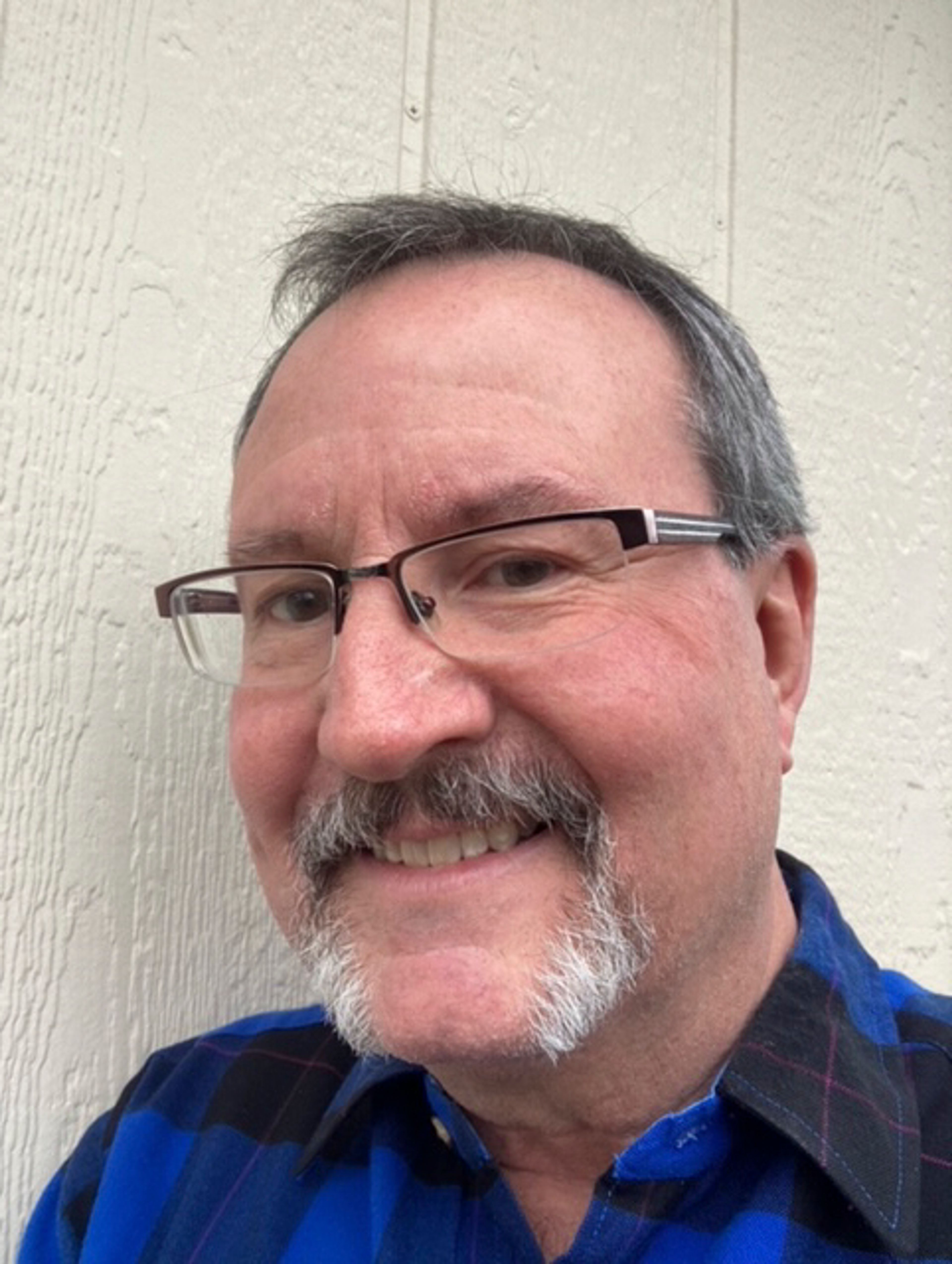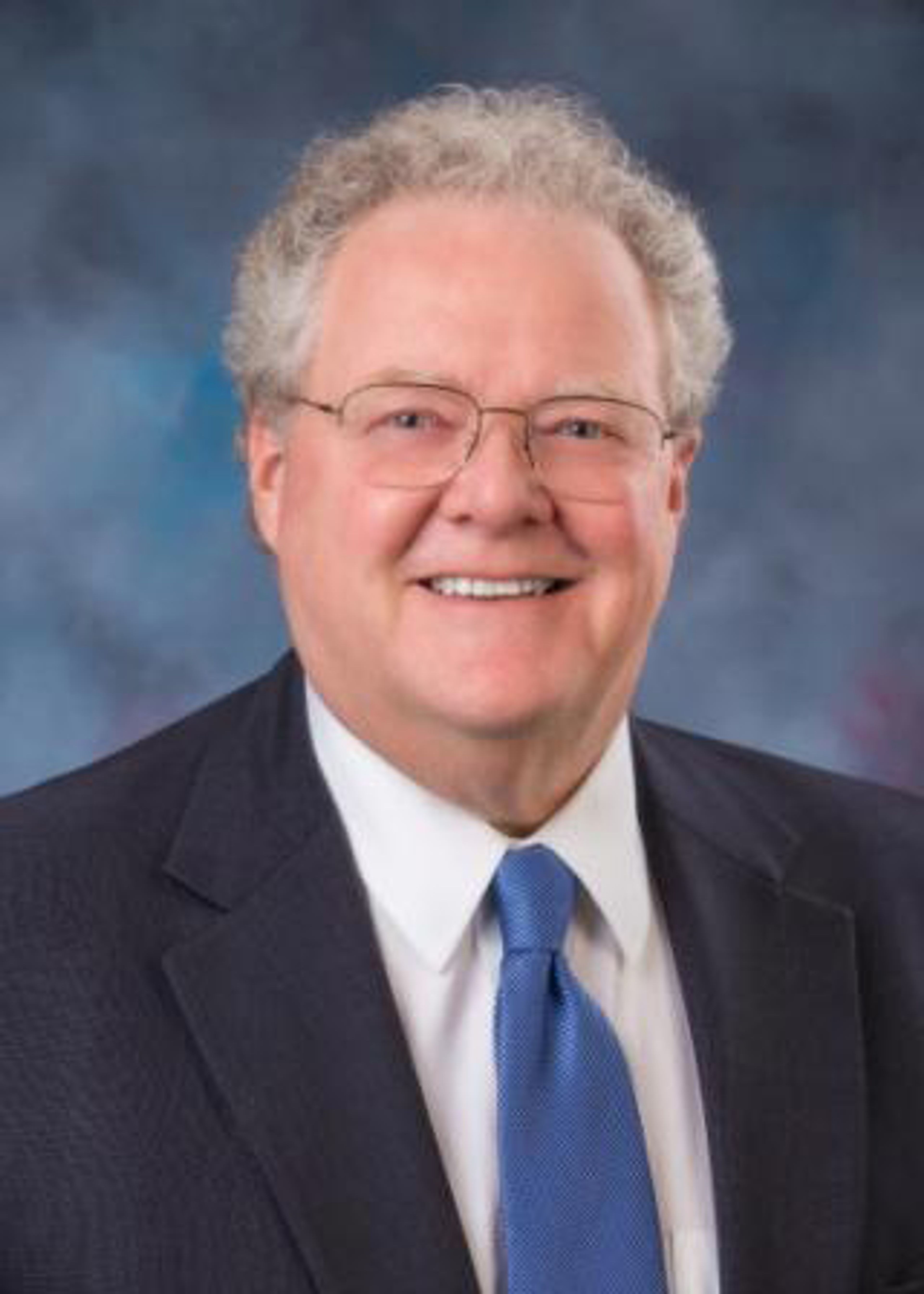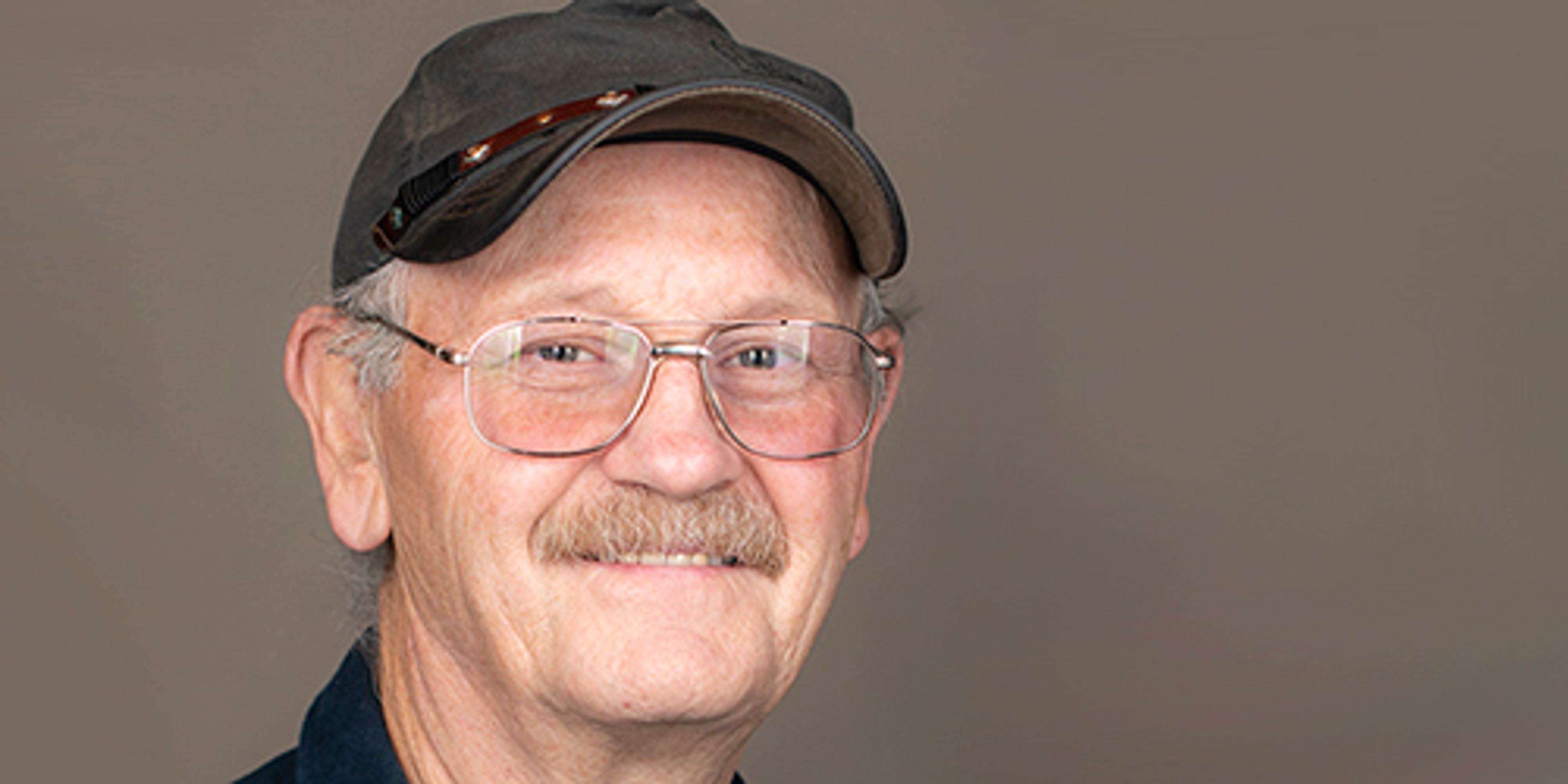OPINION: Check the mirror to see who’s calling who a socialist
Commentary: Opinion of Russell Gee
Name-calling is not a behavior reserved for schoolyard bullies. As a political strategy, it seems childish and petty.
One side calls the other “communist, “socialist,” “Marxist” or “fascist.” I’ll bet a majority has no real clue about the true meanings of these terms. Yet, they echo many of them to vilify the side they disagree with, further driving a wedge between us and grossly oversimplifying seriously complicated political and economic systems.
There is no purely capitalist, communist, Marxist, socialist or fascist system in the world today. All systems are a blend of various ideologies.
Communism is a form of government based on the ideas of German philosophers and economic/political theorists Karl Marx and Friedrich Engels as written in their 1848 “The Communist Manifesto.” The goal was elimination of socioeconomic class struggles by creating a classless society in which an authoritarian government controls all property and redistributes wealth. In other words, there should be no rich or poor people and no private property.
Even the People’s Republic of China exhibits some capitalistic features in its economy today that were not present during the years immediately after Mao Zedong took control of the country in 1949. It is not a classless society. There are rich and poor, and there is private property as most people buy their own homes or apartments because renting is not the norm. Businesses can also own their buildings. Private property rights were added in 2007 to Article 13 of the PRC Constitution, which states: “The state, in accordance with law, protects the rights of citizens to private property and its inheritance.” However, the catch is that citizens cannot own land. A statutory land use right allows citizens to legally possess, use and benefit from property owned by another, in this case, the PRC.
Communism is related to socialism, but the two often are confused. In socialism, individuals own personal property, classes exist because some people can earn more than others and industrial production is communally owned but managed through a democratically elected government that allocates economic resources based on an individual’s ability and contribution. China, with only one political party, may claim to have elections. But its leader, Xi Jinping, has effectively installed himself for life.
Taking all of this into consideration, China’s system does not align strictly with communism or socialism. Furthermore, because there is a robust entrepreneurial spirit in China, elements of capitalism exist as people sell their goods in their shops and on the streets at prices they set.
We like to refer to ourselves as a capitalistic nation. Capitalism is defined as an economic and political system highlighted by private property ownership with trade and industry controlled by private owners for profit.
In its pure form, capitalism would be a free market system without influence by the government, which would be restricted to providing public goods and services, protecting property rights and enforcing contracts. Prices for goods and services would be controlled only by supply and demand.
However, we are not operating under pure capitalism — much like China is not operating under pure communism or socialism. The saying, “Those who live in glass houses shouldn’t throw stones” comes to mind. While we Americans are a proud lot, we tend to forget that many of the government programs of which we take advantage are extrinsic to free market capitalism and verge on, dare I say, socialistic ideals.
We have a mixed economy with elements of free-market and welfare capitalism. The government plays a directive role in the market through regulation, subsidies and artificial price pressures. It also provides for the welfare of individuals, businesses and industry through various programs, including Social Security, a government program that cuts out private money managers, Medicare, which is government health insurance, as well as Medicaid, minimum wage laws, child labor laws, family leave laws, subsidies for agricultural producers, government bailouts of companies in times of crisis, antitrust laws, the Supplemental Nutritional Assistance Program (formerly known as “food stamps”), the Child and Adult Care Food Program, summer child nutrition programs at schools, the Children’s Health Insurance Program, rent control and assistance, public housing, Veterans Affairs health administration, grants for higher education tuition, Supplemental Security Income, publicly funded transportation programs and many more.
These are essentially socialistic programs because the government intervenes in the capitalistic market to require minimum standards for the good of the citizenry. If you participate or plan to participate in any of these useful and necessary programs, then I suggest that if you have the urge to call someone a socialist, close one eye and look in a mirror.
Gee, of Lewiston, is a retired special education teacher.









